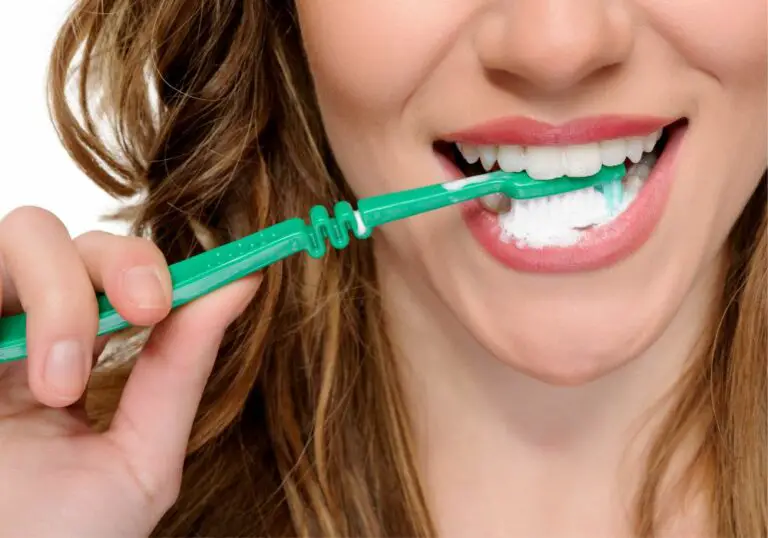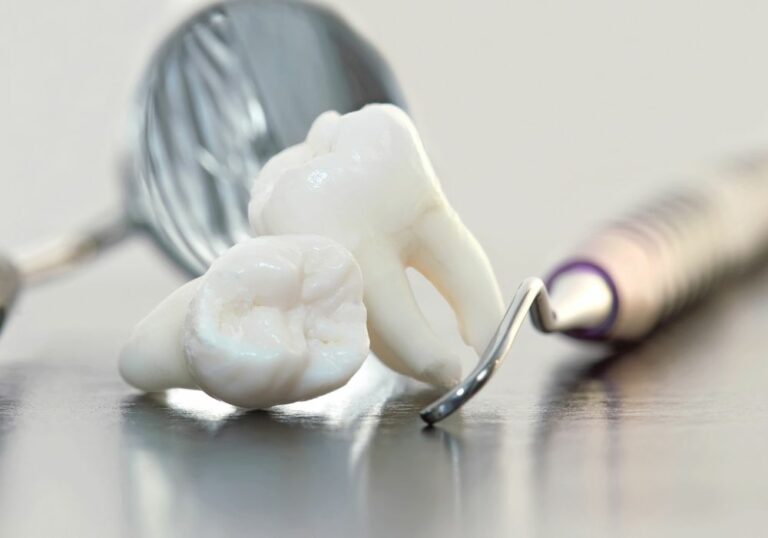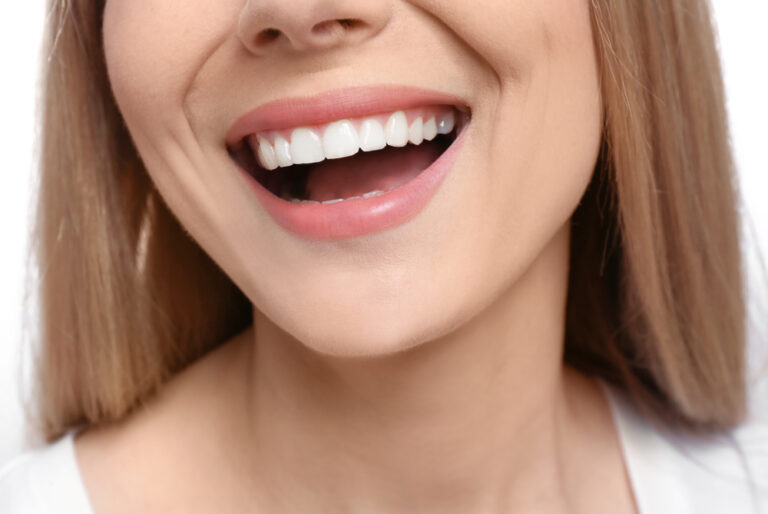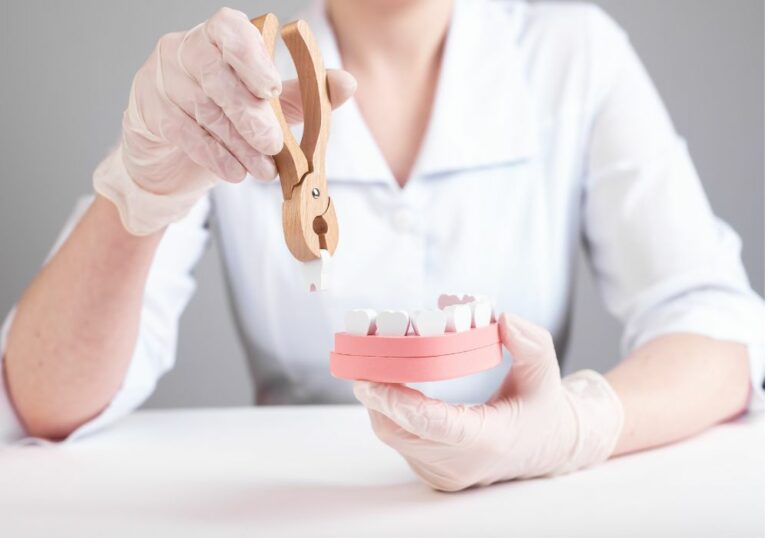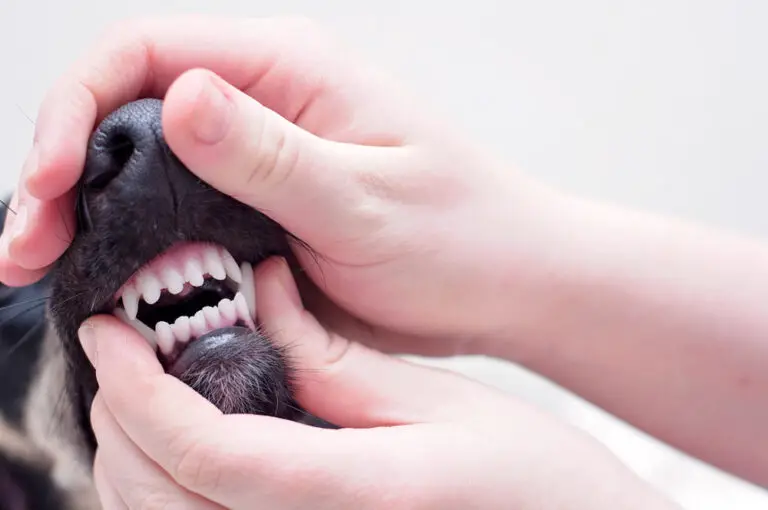Having itchy gums behind your front teeth can be very annoying and concerning. There are several potential reasons for this irritating symptom, ranging from mild gum irritation to more severe gum disease. Read on to learn about the most common causes of itchy gums behind the front teeth, plus tips for finding relief and preventing recurrences.
What’s Causing the Itchiness?
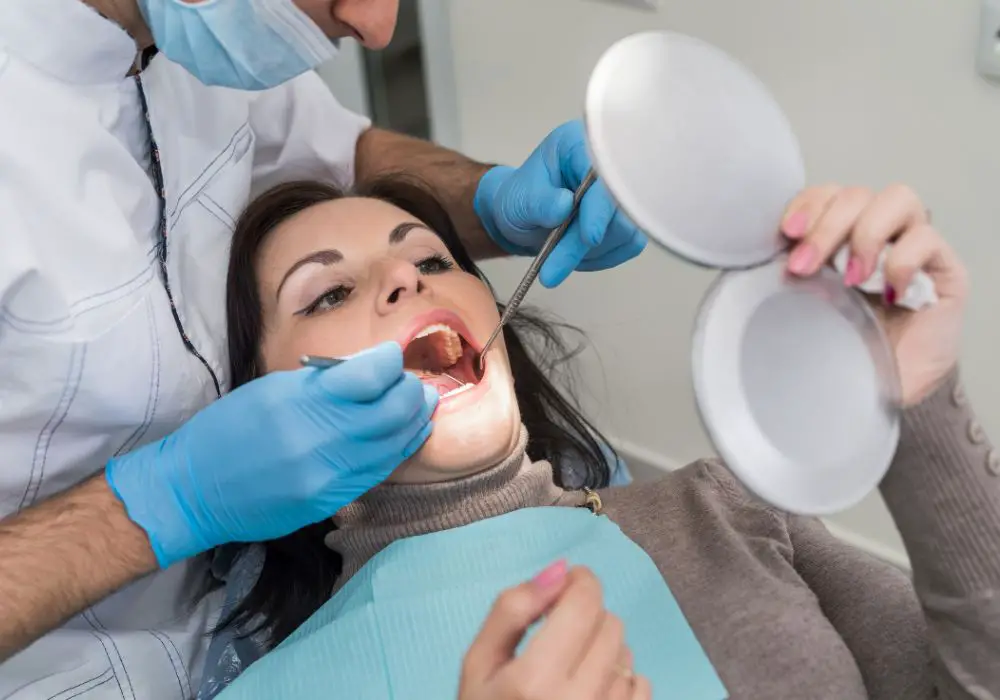
Itchy gums specifically in the area behind the front teeth often stem from the following issues:
Gingivitis
Gingivitis is inflammation of the gums caused by a buildup of plaque, a sticky film containing bacteria. Plaque accumulates more readily behind the front teeth due to their placement, allowing bacteria to proliferate. The toxins secreted by these bacteria cause gingivitis.
Early warning signs of gingivitis include:
- Red, swollen gums
- Gums that bleed easily, such as when brushing or flossing
- Bad breath
- Gums that are tender or sensitive
- Itchy, irritated gums
If left untreated, gingivitis can advance to periodontitis and progressively destroy gum tissues and bone. This can eventually lead to tooth loss.
Aggressive flossing
Flossing is essential for cleaning between teeth where a toothbrush can’t reach. But flossing too forcefully or with poor technique can injure the delicate gum tissue behind the front teeth.
Signs you may be flossing too aggressively include:
- Bleeding when you floss
- Pain or soreness when flossing
- Itchy, irritated gums after flossing
Flossing should involve gently gliding the floss back and forth against the sides of each tooth, curving it around the tooth shape. Never snap or forcefully jam floss down into the gums.
Ill-fitting dental work
Dental restorations like fillings, crowns, braces or retainers that don’t fit properly can chafe and rub against your gums. This constant irritation is likely to make your gums feel itchy and inflamed. Improperly fitting dental work also makes it harder to keep the area clean.
See your dentist right away if your dental work is bothering your gums so adjustments can be made. Leaving ill-fitting dental work in place will only worsen gum damage.
Tooth sensitivity
If you have receding gums or enamel loss that exposes the tooth roots, your teeth may be very sensitive. The dentin underneath is vulnerable to pain from hot or cold foods, air exposure, or sweet foods. You may experience a sharp jolt of pain followed by itchy, irritated gums.
Desensitizing dental products like toothpaste or professional sealants can help manage sensitivity and reduce gum irritation. For more lasting improvement, your dentist may recommend gum grafting to cover exposed roots.
Canker sores
Canker sores are small white or yellowish ulcers that can crop up inside the mouth, including behind the front teeth. Exact causes are unknown, but contributing factors include:
- Stress or anxiety
- Minor mouth injuries
- Nutritional deficiencies
- Food allergies
Canker sores usually heal on their own within 1-2 weeks. Over-the-counter numbing gels and rinses can provide temporary pain relief.
Allergic reactions
Ingredients in oral care products like toothpaste, mouthwash or floss could trigger an allergic response in sensitive individuals. Common culprits include detergents like sodium lauryl sulfate (SLS), preservatives like parabens, flavorings, and alcohol.
Contact allergy symptoms usually develop within 12-36 hours and include:
- Red, swollen, itchy gums
- Burning or stinging gums
- Ulcers, bumps or white patches on gums
Switching to hypoallergenic brands with simpler formulas often solves the problem. If reactions persist, see an allergist.
Getting Relief from Gum Itchiness

While waiting to be evaluated by your dentist, you can take steps at home to soothe irritated gums behind your front teeth:
- Gently brush twice daily and floss once daily, taking care not to injure gum tissues
- Rinse your mouth with warm salt water to reduce inflammation
- Soothe the area by holding a cold compress or ice wrapped in cloth against the outside of the gums
- Avoid eating coarse, crunchy, acidic or spicy foods that could further irritate the gums
- Use dental products for sensitive teeth and gums if they contain soothing ingredients like aloe vera
- Take over-the-counter pain relievers like NSAIDs to temporarily alleviate discomfort
- Apply dental wax over sharp dental work edges that are rubbing the gums
See your dentist right away if itchiness persists longer than 1-2 weeks or seems to be worsening.
When To See A Dentist
It’s important to consult your dentist promptly about persistent or severe gum itchiness behind your front teeth. Other accompanying symptoms warrant urgent dental care as well. See your dentist if you have:
- Bleeding or swollen gums
- Receding gums
- Loose teeth
- Persistent bad breath
- Increased sensitivity to hot or cold foods
- Gum itchiness lasting longer than 2 weeks
- Gum itchiness that keeps recurring
During the appointment, your dentist will:
- Examine your gums and teeth to identify potential sources of irritation
- Take X-rays to check for gum disease or problems with tooth roots or jawbone
- Measure gum pocket depths around each tooth
- Evaluate your oral hygiene routine and offer instructions for improvement
- Perform a deep cleaning below the gumline to remove plaque and calculus
- Assess your risk factors for gum disease progression
- Discuss treatment options such as antimicrobial mouth rinses or antibiotics
- Consider the need for gum grafting surgery if recession is present
- Review proper flossing technique to avoid gum injury
- Adjust or replace any dental work that is irritating the gums
Booking a prompt dental visit gives you the best chance of reversing gum problems before they can worsen and cause lasting damage.
Preventing Recurrent Gum Itchiness

Once your dentist has treated the current irritation and inflammation, preventing recurrences is essential. Follow these tips to maintain healthy, comfortable gums:
- Brush teeth thoroughly twice a day using a soft or extra-soft bristle toothbrush. Avoid aggressive scrubbing.
- Floss gently once daily using proper technique. Curve floss around each tooth.
- Rinse daily with an antiseptic mouthwash to reduce plaque bacteria. Options include essential oil rinses, cetylpyridinium chloride rinses, or hydrogen peroxide rinses.
- Have professional cleanings and exams every 6 months to catch problems early.
- Have any ill-fitting dental work adjusted or replaced promptly.
- Wear a nightguard if you grind your teeth to prevent gum irritation.
- Monitor your gums for signs of recurrence like redness, swelling or itchiness. Report any changes to your dentist at your next visit.
- Get treatment right away if gum disease symptoms return. Prompt care prevents extensive damage.
- Eat a balanced diet and take a multivitamin to support gum health. Vitamin C is especially important.
- Don’t smoke or use smokeless tobacco, which increases gum disease risk.
With proper oral care and regular dental visits, you can keep your gums healthy and free of irritation for good! Let your dentist know right away if itchiness behind your front teeth returns so the cause can be identified and treated.
Key Takeaways
- Itchy gums behind the front teeth often result from plaque buildup, gingivitis, overzealous flossing, or ill-fitting dental work causing irritation.
- See a dentist promptly if gum itchiness persists longer than 1-2 weeks or worsens despite good oral hygiene.
- For temporary relief, rinse with warm salt water, apply cold compresses, avoid irritating foods, and use dental products for sensitive gums.
- Preventing recurrences requires diligent oral hygiene, regular dental cleanings and exams, treatment of any gum disease, and prompt adjustment of dental work.
- Getting gum itchiness evaluated and treated quickly prevents extensive damage from gum disease.

